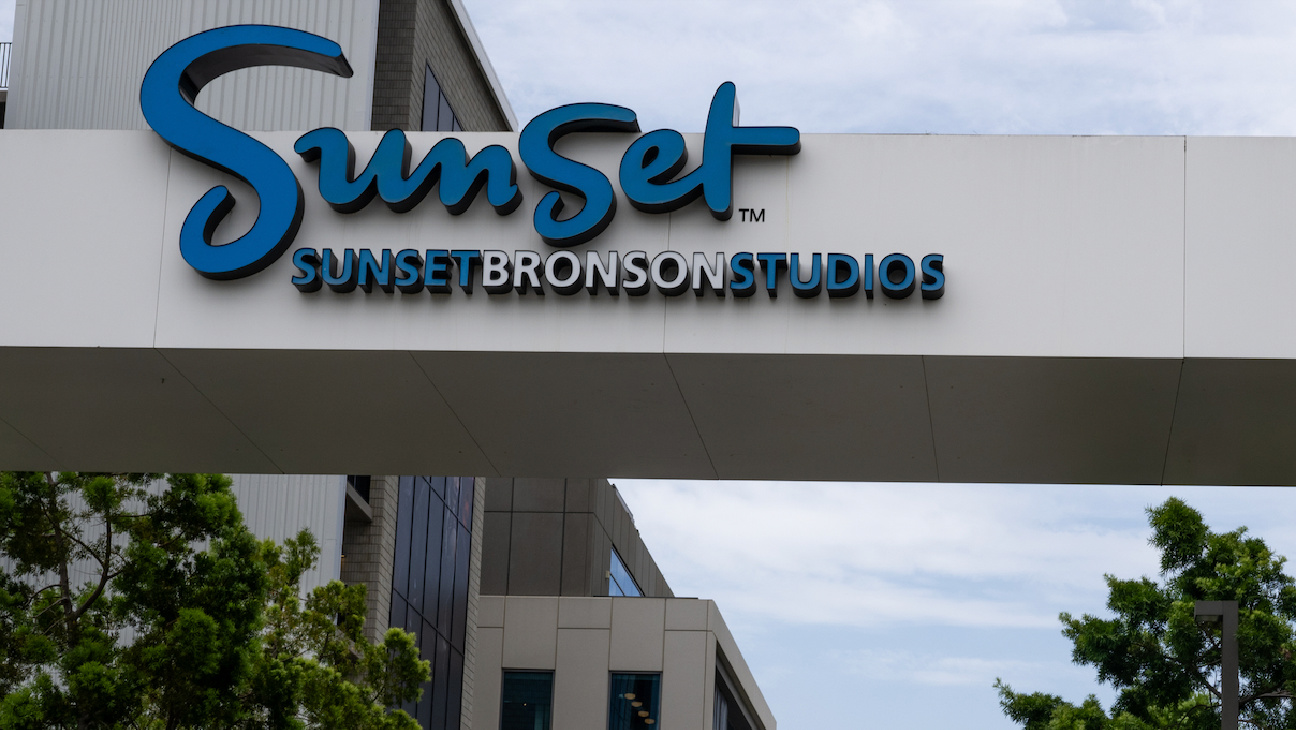In an effort to cut costs during a film and TV production downturn, Los Angeles studio soundstage and real estate giant Hudson Pacific is trimming its board of directors by two members. Executives Ebs Burnough and Christy Haubegger have resigned from their roles, bringing the current board count from 10 members to 8 members, the company said on Monday.
“This more efficient board structure maintains the experience needed to guide our management team while contributing to our ongoing focus on corporate costs to drive value creation for shareholders,” Hudson Pacific CEO Victor Coleman stated. “With our high-quality portfolio located in the primary markets benefiting from AI investment and now California’s substantially increased film and TV production incentives, I am excited about what the future holds for Hudson Pacific.”
Burnough, currently the board chair of the Sundance Institute, has held marketing and communications roles that have included serving as senior advisor to Michelle Obama. Haubegger’s résumé includes time as chief inclusion officer for WarnerMedia and a decade-plus working as an agent at Creative Artists Agency.
Hudson Pacific is the owner of Sunset Bronson Studios, a Hollywood stage that Netflix currently leases, among its 60-plus stages. The company is also a major provider of production services via supplier Quixote, which it acquired in 2022, and Star Waggons, the trailer brand it picked up in 2021.
While Hollywood soundstages had been a hot commodity for investors during the Peak TV, pandemic-era streaming boom as studios bet heavily on content spending, it’s a sign of the times that a leading L.A. soundstage operator is now touting exposure to the flurry of AI investments that have fueled a tech office space boom. “AI should remain a bright spot for tech and by extension for AI office leasing, which totaled over a 0.5 million square feet in San Francisco alone in the first quarter, up significantly year-over-year,” Coleman said during a May earnings call.
Soundstage occupancy, meanwhile, has been hurting as major studios pull back from spending big on film and television productions that have traditionally shot in L.A. Occupancy rates have fallen from 90 percent in 2022 to 69 percent in 2023 and to 63 percent in 2024, per the non-profit FilmLA’s tally. “This year, California has seen new production starts accelerate more so than other North American and U.K. markets. But the recovery has favored feature films as opposed to episodic TV shows, which is critical to Los Angeles production,” Coleman noted on the May earnings call.
For Hudson Pacific, those occupancy numbers appear to be slightly better than the average in L.A. Its studio portfolio as of the end of March was 73.8 percent leased, but still down from a 76.9 percent lease rate in the prior year period, per a S&P Global Ratings bulletin in late May that added: “We expect ongoing studio and office headwinds will continue to pressure its key credit metrics over the near term and for access to capital to remain constrained.”
The passage of California’s film and TV tax incentive expansion to $750 million is expected to be a silver lining for a rocky year so far for production in the state. At least, it’s what Coleman may be betting on.
